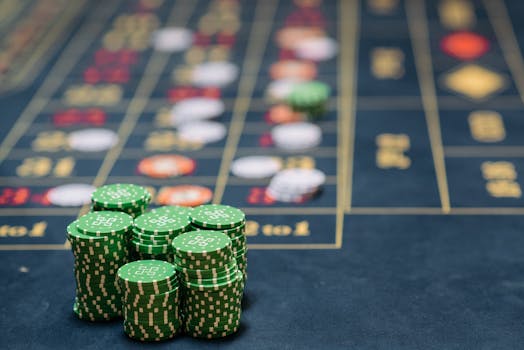"Secrets Behind the Psychology of Jackpot Design"
Introduction Jackpots are a staple in the gaming and lottery industries, attracting millions of hopefuls with the dream of hitting a life-changing win. But what lies behind the allure of these massive prizes? This article delves into the psychology of jackpot design, exploring how it taps into human behavior and what makes it so effective.
Main Approaches in Jackpot Design
- Incremental Jackpots
- Builds excitement and anticipation over time.
- Encourages repeated participation.
- Requires a larger number of participants to reach substantial amounts.
- May discourage initial participation if the starting amount is low.
- Progressive slot machines in casinos.
- State-wide lottery games.
- Guaranteed Jackpots
- Immediate attraction due to a large prize.
- Easier to market and promote.
- Higher cost to maintain for the organizers.
- Less excitement build-up compared to incremental jackpots.
- Fixed jackpot lotteries.
- Certain promotional sweepstakes.
Incremental jackpots increase in value as more people participate or as more games are played. This type of jackpot design leverages the psychological principle of scarcity and anticipation, encouraging continued play.
Advantages:
Disadvantages:
Examples:
Guaranteed jackpots offer a fixed large sum regardless of participation levels. This model is based on the certainty principle, appealing to those who are motivated by a clear, tangible reward.
Advantages:
Disadvantages:
Examples:
Comparison of Approaches Incremental jackpots, with their growing prize pools, create a sense of urgency and increasing value, potentially leading to viral marketing effects. However, guaranteed jackpots attract players with the promise of a big win, regardless of how many others are playing, providing a strong initial draw.
Conclusion The psychology behind jackpot design is complex, tapping into various human desires such as the thrill of the chase, the appeal of a large reward, and the excitement of potential gain. Whether incremental or guaranteed, each type of jackpot has its strategic advantages and can be tailored to specific audiences and goals. For those looking to implement effective jackpot strategies, it is crucial to consider the psychological impacts alongside the financial and operational implications.
Main keyword: Psychology of Jackpot Design
Focus on practical information that corresponds to what a user might actually search for when entering this topic into a search engine. This article has aimed to provide a clear understanding of the different approaches to jackpot design and their psychological underpinnings, offering valuable insights for both industry insiders and curious individuals alike.
Source: [Insert credible source link here]

.png)





